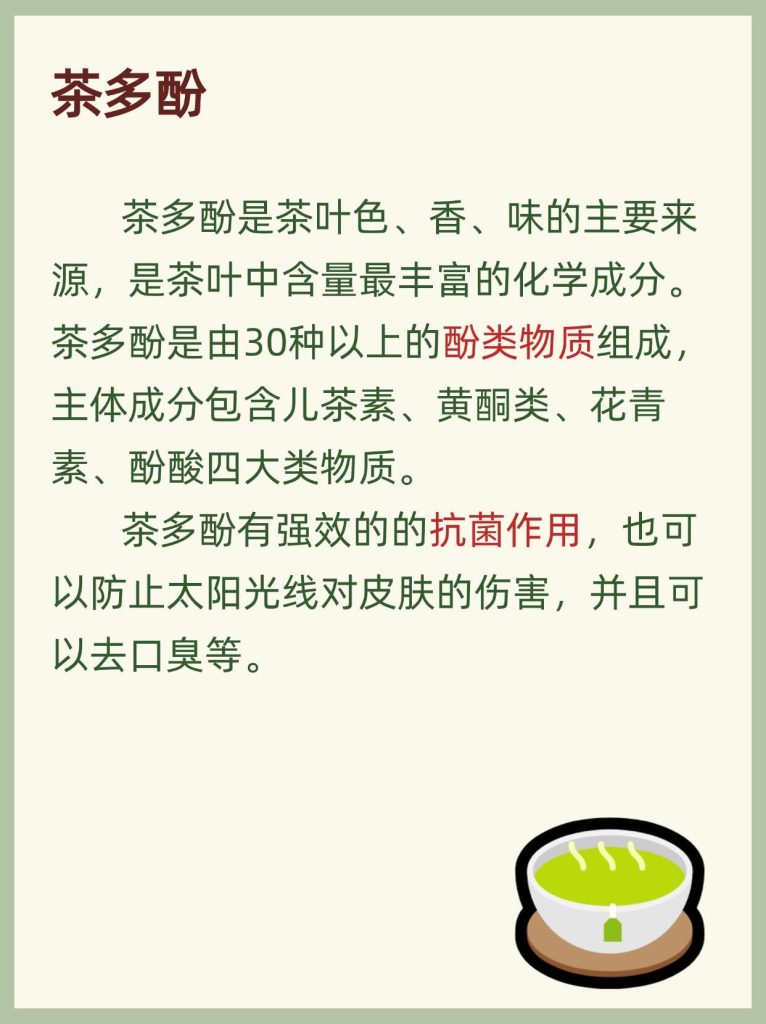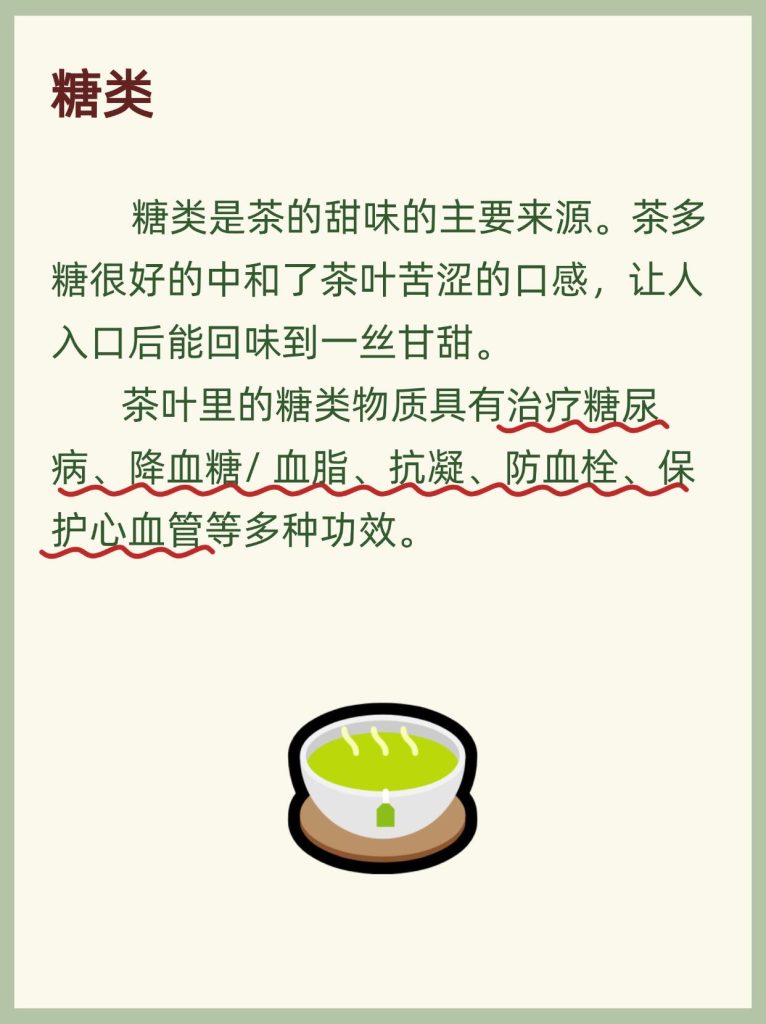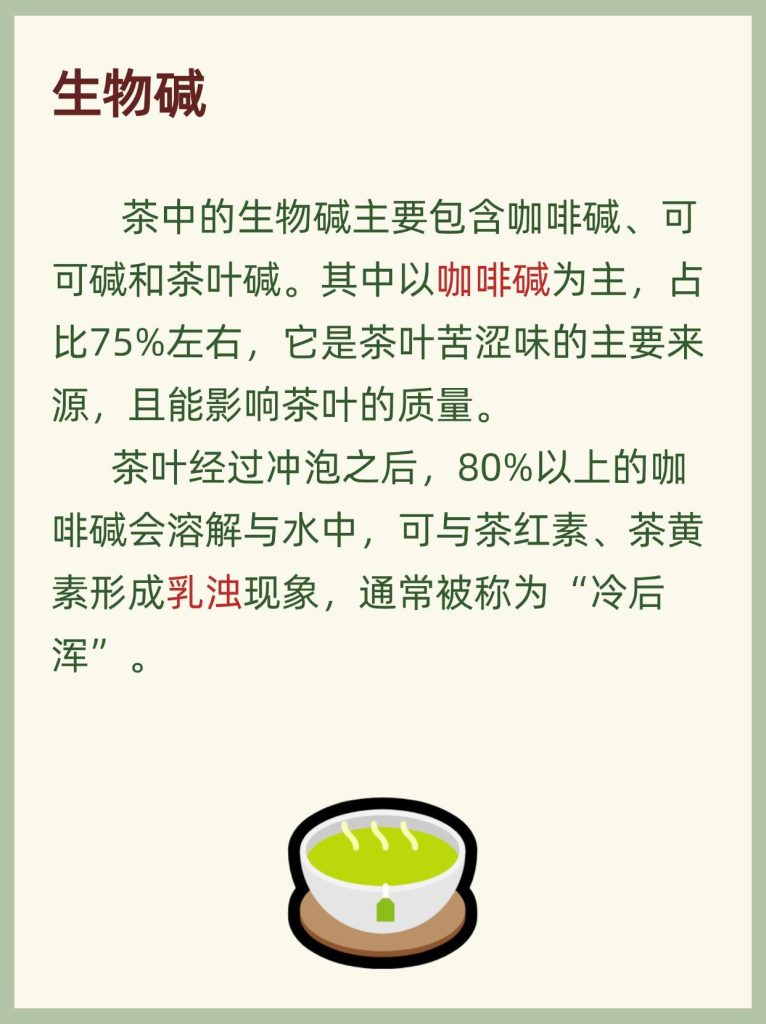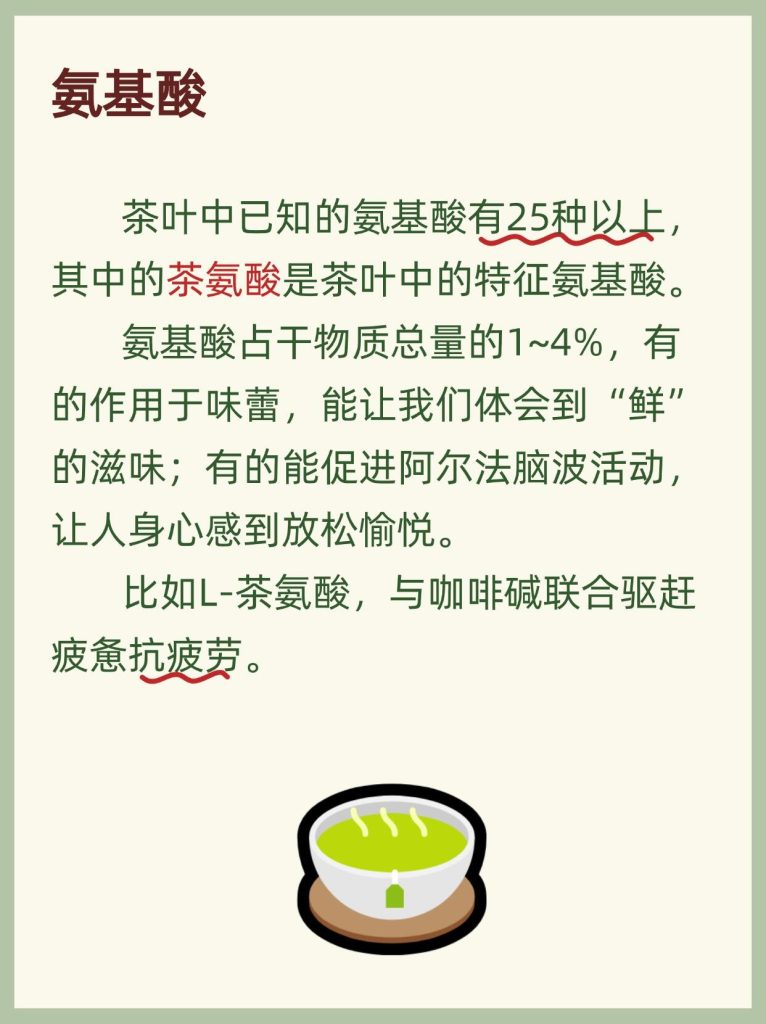Beautiful Plants For Your Interior
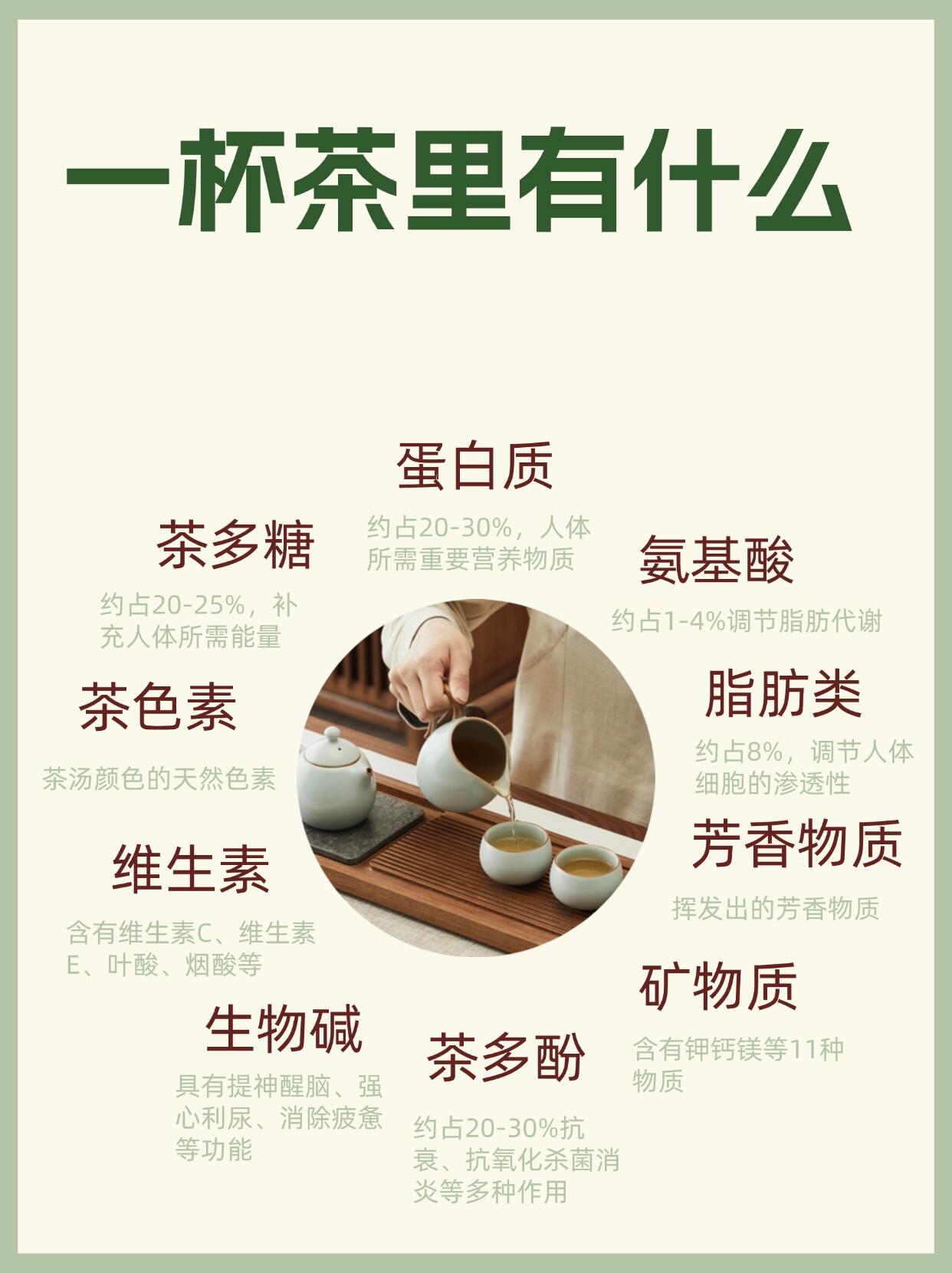
The nutritional ingredients and main effects of Chinese tea are as follows:
Nutritional ingredients
Tea polyphenols: It is the main source of color, fragrance and taste of tea. It is the most abundant chemical component in tea. It is composed of more than 30 phenolic substances, and the main components include catechins, flavonoids, anthocyanins and phenolic acids.
Amino acids: There are more than 25 known amino acids in tea, among which theanine is the characteristic amino acid in tea, which can promote alpha brain wave activity and make people feel relaxed and happy.
Alkaloids: The alkaloids in tea mainly include caffeine, cocoa and tea alkaloids, of which caffeine is the main one, accounting for about 75%. It is the main source of the bitter taste of tea and can affect the quality of tea.
Sugar: the main source of the sweetness of tea, which has many effects such as treating diabetes, lowering blood sugar and blood fat, anticoagulation, anti-thrombosis, and protecting the cardiovascular system.
Aromatic substances: give tea a unique flavor, which has the effect of soothing emotions and refreshing the mind.
Main effects
Antioxidation: Tea polyphenols can powerfully remove free radicals and delay aging. Lower blood lipids: Tea polyphenols and catechins can reduce cholesterol and triglycerides in the blood, reduce the deposition of fat in the walls of blood vessels, and prevent cardiovascular diseases.
Assist digestion: Caffeine and tea polyphenols can stimulate gastric juice secretion and promote gastrointestinal peristalsis.
Anti-cancer: Tea polyphenols have antioxidant, anti-inflammatory and anti-tumor effects. Although they cannot be treated by drinking tea, they are helpful in preventing cancer.
Weight loss and slimming: Caffeine and tea polyphenols can promote fat metabolism, increase energy consumption, and suppress appetite.
